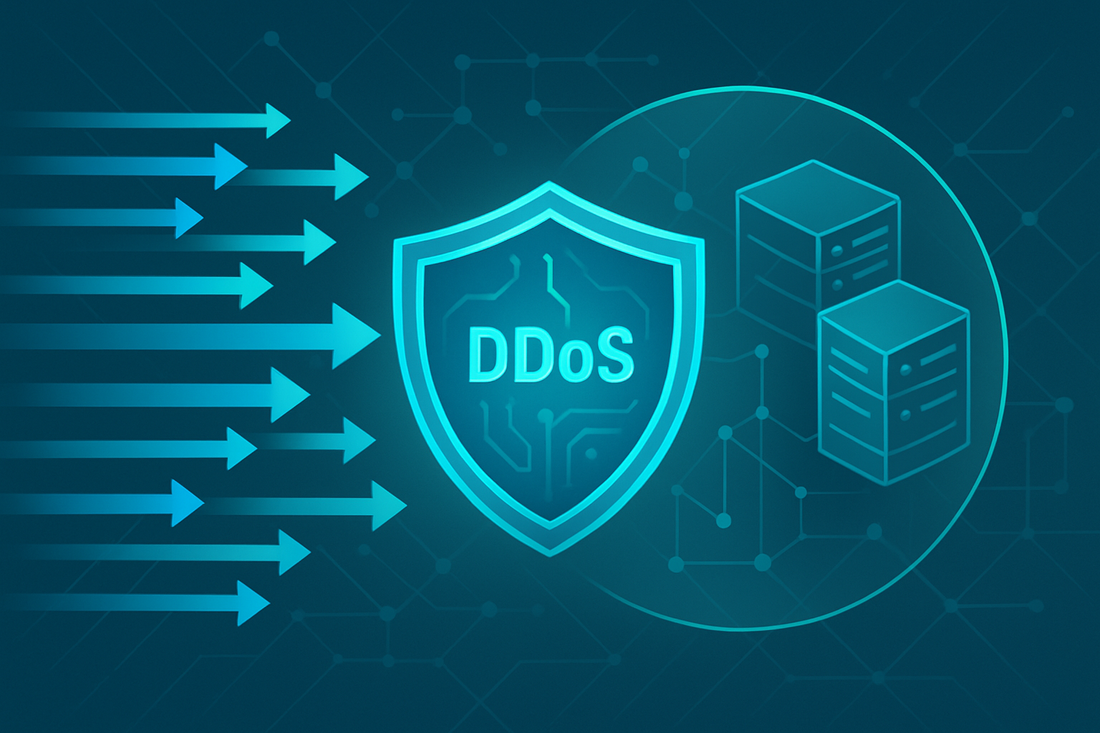
DDoS Attacks
Andrew JohnsonShare
The ever-evolving landscape of cybersecurity continues to witness sophisticated distributed denial-of-service (DDoS) attacks that pose significant threats to online businesses and organizations.
These attacks, characterized by overwhelming network resources with massive traffic volumes, have become increasingly complex and challenging to mitigate.
While SSL Certificates play a crucial role in securing data transmission, organizations must implement comprehensive security measures to protect against DDoS attacks.
Understanding Modern DDoS Attacks
DDoS attacks have evolved from simple flooding techniques to multi-vector assaults that target various layers of network infrastructure simultaneously.
These attacks often exploit vulnerabilities in SSL Certificate implementations, particularly during the SSL Certificate handshake process, which can consume significant server resources. Attackers frequently utilize botnets comprising thousands of compromised devices to generate enormous traffic volumes, sometimes exceeding 1 Tbps.
The complexity of these attacks has led to a continuous cycle of innovation in both attack methodologies and defense mechanisms.
Modern DDoS attacks frequently target SSL Certificate verification processes, attempting to exhaust server resources by initiating numerous SSL Certificate handshakes without completing them.
This technique, known as SSL Certificate renegotiation flooding, can be particularly devastating as it combines network-layer attacks with application-layer exploitation.
Organizations must ensure their SSL Certificates are properly configured and implemented with robust security protocols to minimize these vulnerabilities.
Defense Strategies and Mitigation Techniques
Protecting against DDoS attacks requires a multi-layered approach that includes proper SSL Certificate management and advanced traffic filtering mechanisms.
Organizations should implement rate limiting, traffic analysis, and anomaly detection systems while ensuring their SSL Certificates support the latest security protocols.
The deployment of high-grade SSL Certificates from trusted providers like Trustico® helps establish secure connections that can better withstand certain types of DDoS attacks.
Network administrators must regularly update their DDoS mitigation strategies to address emerging threats. This includes implementing proper SSL Certificate validation procedures, utilizing content delivery networks (CDNs), and maintaining updated firewall configurations.
The integration of machine learning algorithms has become increasingly important in identifying and responding to DDoS attacks in real-time, particularly when dealing with sophisticated attacks that target SSL Certificate infrastructure.
The Role of SSL Certificates in DDoS Protection
While SSL Certificates primarily focus on encryption and authentication, their proper implementation contributes significantly to overall DDoS resilience.
Organizations should select SSL Certificates that support modern protocols like TLS 1.3, which offers improved performance and security features that can help mitigate certain types of DDoS attacks.
Certificate Authorities like Trustico® provide SSL Certificates with robust validation processes that help prevent SSL Certificate-based attacks while maintaining optimal performance under heavy loads.
The implementation of proper SSL Certificate management practices, including regular updates and proper configuration, forms a crucial component of DDoS defense strategies.
Organizations must ensure their SSL Certificates are configured to use optimal cipher suites and security parameters, reducing the likelihood of successful SSL Certificate-based DDoS attacks.
Regular security audits and penetration testing should include assessment of SSL Certificate implementations to identify potential vulnerabilities before they can be exploited.
Future Trends and Evolving Threats
As DDoS attacks continue to evolve, organizations must stay informed about emerging threats and adapt their security measures accordingly.
The integration of artificial intelligence and machine learning in both attack and defense mechanisms suggests that future DDoS protection will require increasingly sophisticated solutions.
SSL Certificate management will remain a critical component of security strategies, with continued emphasis on proper implementation and regular updates to address new vulnerabilities.
The ongoing cat and mouse game between attackers and defenders necessitates constant vigilance and adaptation of security measures. Organizations must maintain current SSL Certificates, implement robust monitoring systems, and regularly update their security protocols to stay ahead of evolving DDoS threats.
Working with reputable Certificate Authorities and security providers ensures access to the latest protection mechanisms and security updates essential for maintaining robust defense against sophisticated DDoS attacks.



